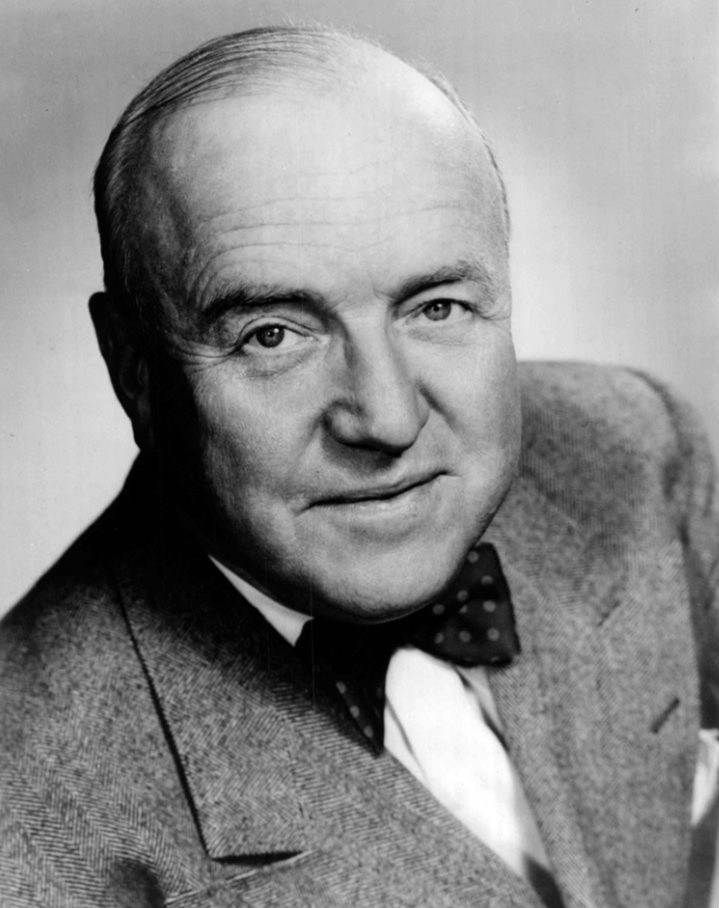How 'Ya Gonna Keep 'Em Down on the Farm?
Words by Sam M. Lewis, Joe Young; music by Walter Donaldson, 1919 |

 |
Who are the "them" this song is talking about? World War I veterans. When did they see "Paree" (Paris, France)? As soldiers during the war. Why does the song assume seeing or serving in France would make soldiers less likely to return to the farms? Where did they go instead? |
 |
What was Reuben (the father's) argument? What was his wife's? Why did they think their children were moving to the cities? The night life. What fears might farm parents have about their children moving away? |
 |
What were some of the real problems caused by children not wanting to work on family farms? What would happen to family farms without younger folks? Mechanization, selling out. Why might mechanization not be the answer for lack of labor? Required money to buy machines. |
 |
In any migration, there are both "push" and "pull" factors. Push factors encourage people to leave their place of origin; "pull" factors are the reason they are attracted somewhere else. What were the push factors encouraging soldiers to leave their farms after the war? Where did they go? What were the pull factors attracting them to those places? |
 |
Was "seeing Paree" the only reason returning veterans might not go back to family farms? What were some of the discouraging things about farming in the years after the war that contributed to sons not wanting to return to agriculture as a career? What do the songs "Boll Weevil" and "Seven Cent Cotton, Forty Cent Meat" (both in Unit 7) suggest? How have things changed for farmers today? What similar situations do modern farmers face? |
|

"How 'Ya Gonna Keep 'Em Down on the Farm" performed by Arthur Fields. Available on iTunes, Spotify, and YouTube.
Arthur Fields (1884–1953) was an American singer and songwriter.
This recording made this song popular all over the country after World War I. The animal sounds in the background add to the comical nature of this song. |

View the lyrics for "How 'Ya Gonna Keep 'Em Down on the Farm?"
View the published score.
|
|

 |
| Walter Donaldson |
Walter Donaldson (1893–1947) was a songwriter, lyricist, and publisher. Prior to World War I he worked as a pianist and song plugger in Tin Pan Alley, then became a staff composer for Irving Berlin's publishing company. His first successful song was "My Mammy," which Al Jolson used in a blackface revue and later in the first sound movie. With the arrival of movie sound, Donaldson left New York to work in Hollywood. This song, reportedly inspired by his work as an entertainer in the service during World War I, was the first of many hit songs.
Sam Lewis (1885–1959) was a creative lyricist from New York City. He began writing songs around 1912 and soon after began collaborating with Joe Young, a partnership that continued until 1930. This is one of two famous comical songs they wrote; the other was "Where Did Robinson Crusoe Go with Friday on Saturday Night?" for an Al Jolson musical.
The opening line of this song and a bit of melody in the verse recalls the song "Reuben and Cynthia," an 1871 conversational duet by William Gooch and Harry Birch:
| |
Reuben, I have long been thinking
What a good world this might be
If the men were all transported
Far beyond the Northern Sea.
Rachel, I have long been thinking
What a fine world this might be
If we had some more young ladies
On this side of the Northern Sea, etc. |
|


